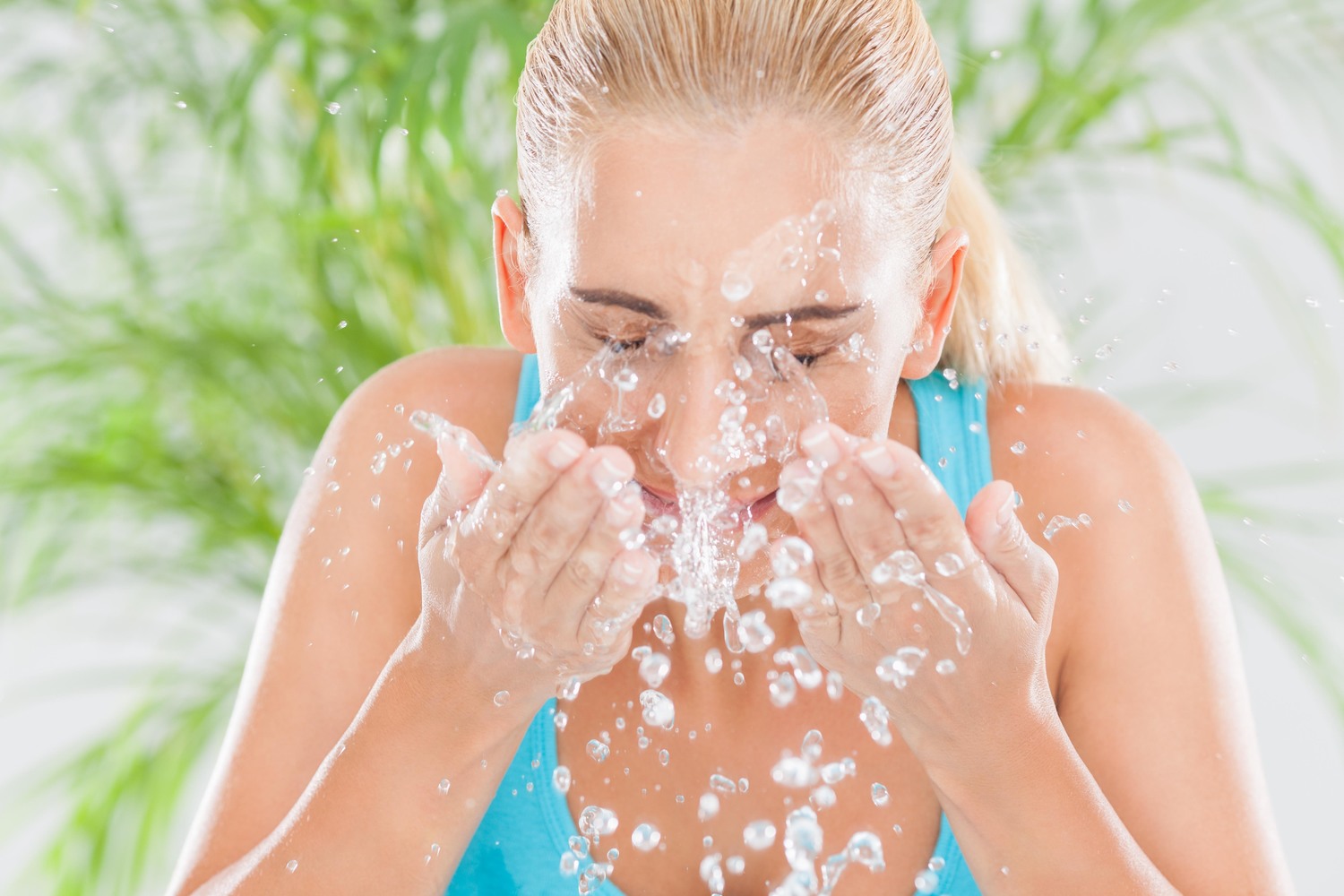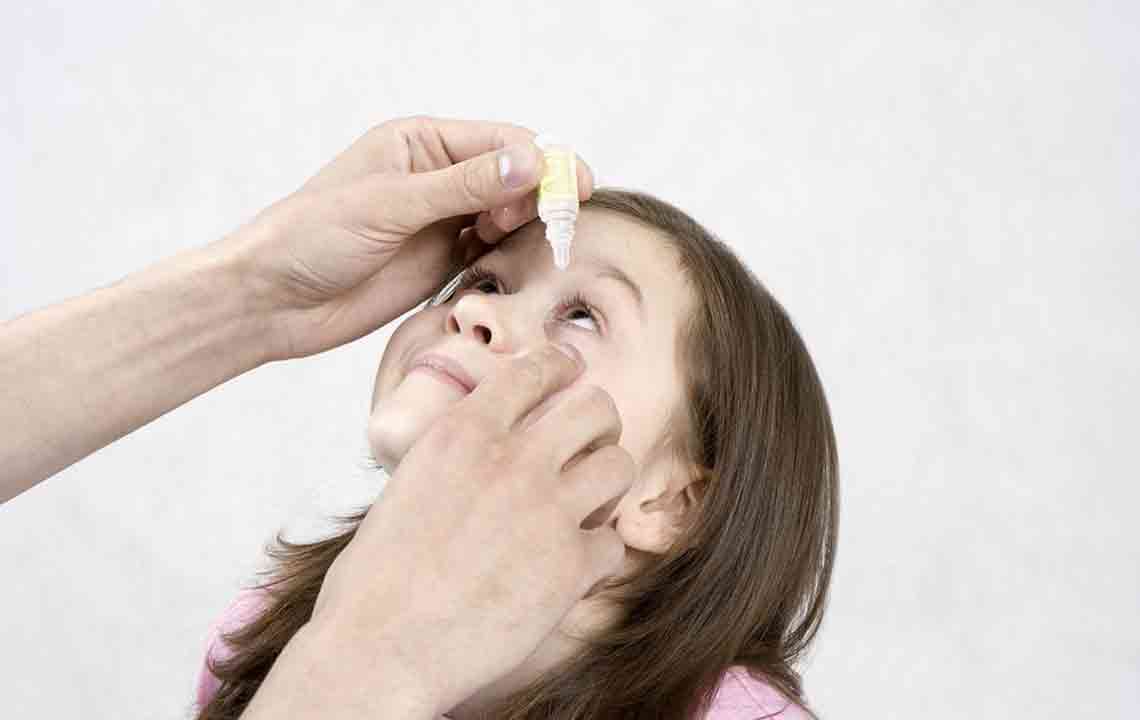Comprehensive Natural Strategies to Relieve Dry Eyes Effectively
Discover comprehensive natural remedies to effectively alleviate dry eye discomfort. From increasing blinking and hydration to protecting your eyes outdoors and optimizing diet, this guide offers practical solutions for healthier eyes. Implementing these natural strategies can improve tear production, reduce irritation, and enhance overall eye comfort. Suitable for those seeking non-pharmacological options, this article provides detailed tips and lifestyle changes to combat dry eyes naturally and effectively. Achieve relief and maintain eye health through simple, accessible methods tailored for daily life.

Comprehensive Natural Strategies to Relieve Dry Eyes Effectively
Dry eyes are a prevalent condition that affects millions of people worldwide, causing discomfort, redness, blurred vision, and a persistent gritty or sandy sensation in the eyes. While there are medical treatments available, many individuals prefer to explore natural remedies that can be easily implemented at home without side effects. Managing dry eye symptoms through simple lifestyle adjustments and natural solutions can significantly improve comfort, eye health, and overall quality of life.
Understanding the causes and effective natural remedies for dry eyes enables individuals to adopt proactive strategies to alleviate symptoms and maintain eye moisture naturally. This comprehensive guide delves into the most effective natural methods and lifestyle modifications to combat dry eye discomfort.
Why Do Eyes Become Dry?
Dry eyes occur when the tear production is insufficient or when tears evaporate too quickly from the eye surface. Factors that contribute to dry eyes include aging, environmental conditions such as wind and dry air, prolonged screen time, certain medications, hormonal changes, and underlying health conditions like autoimmune diseases. Identifying these factors is crucial for tailoring effective natural remedies and lifestyle adjustments.
Top 8 Natural Solutions for Dry Eye Relief
1. Increase Blinking Frequency
One of the simplest yet most effective ways to combat dry eyes is consciously increasing your blinking rate, especially during activities like computer work, reading, or screen time. Blinking helps spread tears evenly across the eye surface and prevents rapid evaporation. The 20/20/20 rule—looking 20 feet away for 20 seconds every 20 minutes—serves as a reminder to blink regularly and rest your eyes, promoting natural tear film stability.
2. Ensure Adequate Hydration
Proper hydration is essential for maintaining optimal eye moisture. Dehydration reduces tear production and exacerbates dryness. Aim to drink at least eight glasses of water daily, and incorporate water-rich foods such as cucumbers, watermelon, oranges, and berries into your diet. Staying well-hydrated supports overall health and keeps your eyes lubricated naturally.
3. Optimize Indoor Humidity
Environmental conditions play a significant role in dry eye symptoms. Using a humidifier in homes and offices helps maintain appropriate moisture levels in the air, particularly in air-conditioned or heated environments where dry air can worsen dryness. Additionally, air purifiers help reduce dust and allergens that can irritate the eyes, providing a cleaner, more comfortable atmosphere.
4. Protect Your Eyes with Proper Eyewear
Wearing sunglasses, especially wraparound styles, shields your eyes from harsh environmental factors such as dry winds, bright sunlight, and dust. This protection helps prevent moisture loss and reduces irritation. When working with fans, heaters, or blow dryers, avoid direct exposure to minimize dryness and irritation.
5. Enhance Omega-3 Fatty Acid Intake
Foods rich in Omega-3 fatty acids play a vital role in reducing inflammation and promoting the health of the oil glands in your eyelids. Incorporate fatty fish like salmon, mackerel, sardines, and herring into your diet regularly. Plant-based sources such as flaxseeds, chia seeds, walnuts, and olive oil also provide essential Omega-3s. These nutrients help improve tear quality and reduce symptoms of dry eyes.
6. Use Warm Compresses and Eyelid Hygiene
Applying warm compresses gently to the closed eyelids can relax the oil-producing glands and improve oil flow into the tears. This process helps stabilize the tear film and alleviates discomfort. Coupled with eyelid hygiene, such as washing eyelid margins with diluted baby shampoo or specialized eyelid cleansers, this method helps clear blockages in the oil glands and reduces eyelid inflammation that can contribute to dry eyes.
7. Maintain Adequate Vitamin D Levels
Vitamin D plays a crucial role in immune response and eye health. Deficiency has been linked to an increased risk of dry eyes. Regular sun exposure, about 10-15 minutes daily, supports natural Vitamin D synthesis. Supplements can be considered after consulting a healthcare provider, especially in regions with limited sunlight. Ensuring sufficient Vitamin D levels helps enhance tear production and overall ocular health.
8. Increase Vitamin A Intake
Vitamin A is essential for maintaining a healthy tear film and preventing dryness. Consuming foods like carrots, sweet potatoes, leafy greens such as spinach and kale, eggs, and dairy products provides necessary Vitamin A. Proper levels support the health of the cornea and conjunctiva, reducing the risk of dry eyes and related complications.
Additional Tips and Lifestyle Changes
Avoid Smoke and Pollutants: Exposure to cigarette smoke and air pollutants aggravates dry eye symptoms. Minimizing exposure and using air purifiers can help.
Limit Screen Time: Prolonged use of digital devices strains the eyes and exacerbates dryness. Incorporate frequent breaks and adjust screen brightness to comfortable levels.
Healthy Diet: Maintain a balanced diet rich in antioxidants, vitamins, and omega-3s to promote overall eye health.
Consult a Healthcare Professional: For persistent or severe dry eye symptoms, seek professional advice to rule out underlying conditions and discuss suitable treatment options, including natural supplements or therapies.
By integrating these natural remedies and lifestyle adjustments into daily routines, individuals can effectively manage and reduce dry eye symptoms. Consistency is key, and long-term commitment to these practices can lead to healthier, more comfortable eyes and improved quality of life.





